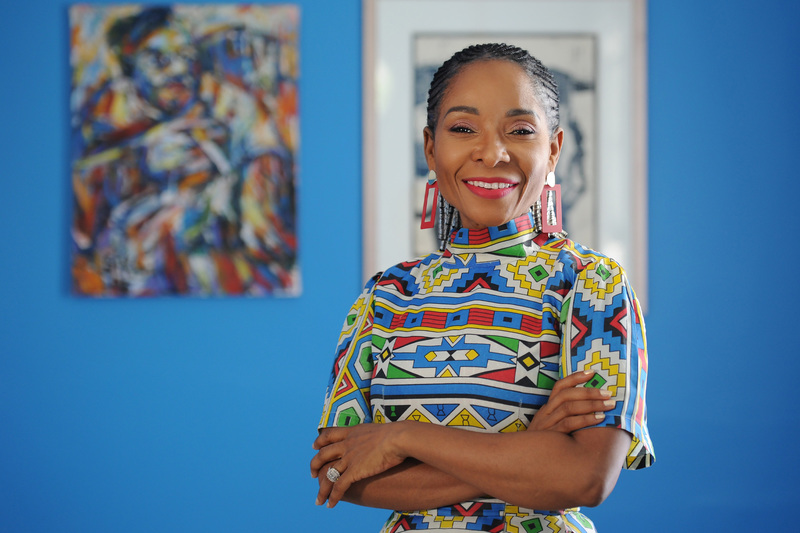Commemorating Heritage Month
22 September 2020 | From Kgethi
Dear colleagues and students
The month of September, which is recognised as Heritage Month in our beautiful country, is about to come to an end. But how do we define our collective heritage? As University of Cape Town (UCT) historian Dr Maanda Mulaudzi put it, our heritage “is heritage because it is part of our common history, but how history shaped us might be very different, and we can and should continue to debate that heritage and history”.
In line with this thinking, the university has been considering the names of buildings on our campuses for the past few years in the ongoing transformation process at UCT. During this time, several buildings were renamed, reflecting the cultures and values of our diverse student and staff body. This has been done through Council’s Naming of Buildings Committee.
A number of buildings have been renamed recently. These include Jameson Memorial Hall, which was renamed Sarah Baartman Hall. Most recently, the JP Duminy residence was renamed Philip Kgosana residence after the liberation struggle stalwart and the Health Sciences Library was renamed the Bongani Mayosi Health Sciences Library in honour of the legacy of a leader, scholar and inspiration to future medical professionals.
When renaming buildings, we seek to align values and ideals, and to continue the legacy of these individuals. Under normal circumstances, these legacies and meanings would be shared at a renaming ceremony but unfortunately, due to the current pandemic, it has not been possible to have any ceremonies this year. While we are still hopeful we will have the ceremonies when the time is right, we pause during this Heritage Month to reflect on the legacies of these three of the many names that are a proud part of our heritage as an institution and as a country.
It is during this month too that we had hoped to carry out the next phase relating to the Sutherland human remains found to have been obtained unethically by the university in the 1920s. The process of identifying the human remains and the consultation process with the Abraham and Stuurman families, the Sutherland community and various government stakeholders has been one of much learning and growth. We were hoping to finally give these families and their ancestors the respect of a deserved dignified reburial this September. However, the global pandemic has meant that this has to be delayed. This important step in our collective journey will certainly be carried out once circumstances permit.
In this same month, today we hosted a webinar on decolonialisation and decoloniality, which explored different moments in different parts of the non-Western world around the emergence of decolonial thought and discourse. Discussions also looked at decolonialisation in the context of UCT’s Vision 2030.
The university’s Works of Art Collection (WOAC) committee is also reshaping our art collection – which comprises approximately 1 700 artworks across 70 UCT buildings – and transforming it into a resource for researchers, curators and students. The committee plays a critical role in redressing some of the past injustices through its commitment to purchase artwork by both prominent and emerging artists in South Africa. The WOAC is working on refining their acquisition strategy, while conserving certain artwork and diversifying the curation and site-specific installations.
While we interrogate our history and heritage as individuals and communities, we must foreground the idea that our differences have not overpowered the commonality of being human, being African and of being a collective that seeks the best.
Sincerely
Professor Mamokgethi Phakeng
Vice-Chancellor
Read previous communications:
 This work is licensed under a Creative Commons Attribution-NoDerivatives 4.0 International License.
This work is licensed under a Creative Commons Attribution-NoDerivatives 4.0 International License.
Please view the republishing articles page for more information.








